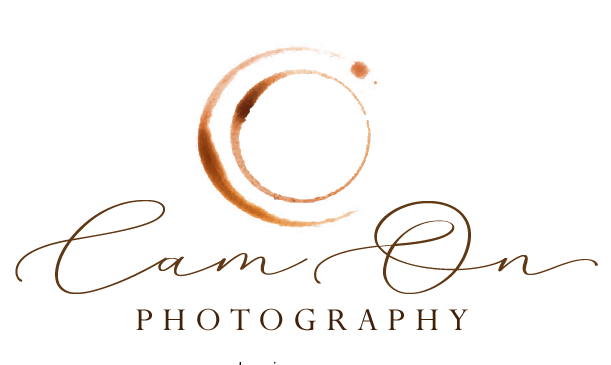I fell into motherhood the way I imagine most women do—like Alice tumbling down the rabbit hole. One day, you’re a singular entity, an independent person with your own thoughts, desires, and ambitions. The next, you’re a vessel. A host. People stop seeing you and instead see the baby you’re carrying. They ask about your due date, how your pregnancy is going, how the baby is doing. But somewhere along the way, they forget to ask one crucial question: How are you?
I didn’t realize how deep I had fallen until I was already submerged. I gave birth to a beautiful baby who became my whole world, and with that, I lost my own orbit. My days blurred together in a mix of diaper changes, breastfeeding tummy time. I was so in love with my child, yet somewhere in the process of becoming a mother, I lost sight of the woman I used to be.
The realization hit me like a freight train one day as I sat breastfeeding on the couch, listening to another mom speak about postpartum depression. She described how she had seamlessly transitioned from “person” to "mother" and in doing so, she had severed the connection to herself. My breath caught in my throat. I felt lost too.
I had always imagined I’d slip into motherhood as effortlessly as those moms you see on Instagram—glowing with purpose, radiating maternal devotion, effortlessly shelving their own dreams in the name of selfless love. But instead, I felt like an imposter. I loved my babies fiercely, but I also felt restless, untethered, and, worst of all, guilty for feeling anything other than unbridled joy.
So I did what any self-respecting mom would do: I searched for answers. I talked to friends. I went to therapy. I devoured self-help books and listened to countless podcasts, all in pursuit of figuring out what was wrong with me. Why wasn’t I settling into this new life with grace and ease? Why did it feel like I was fighting the very thing I had always dreamed of? I know I actively participated in the creation of this life, but oddly felt so disconnected to it at the same time.
My therapist told me I was mourning a life I had outgrown. The books and podcasts told me I wasn’t grateful enough. But the truth was, I was so grateful. I was in awe of what my body had done—growing, birthing, and nourishing this tiny human. I was proud of myself for surviving the sleepless nights, the endless feedings, the moments of pure exhaustion that threatened to break me. But I still felt like I had disappeared somewhere in the process.
As I started talking to other moms, I realized I wasn’t alone. So many of us felt this unspoken pressure to give everything to our children, even the dreams we had before them. To pour every last ounce of ourselves into motherhood until there was nothing left. And then what? What happens when those children grow up and leave? What happens when the house gets quiet again, and all that remains is an empty shell of the woman we once were? Wasn’t I a women before I was a mother?
I made myself a promise: I would redefine motherhood on my terms.
This journey isn’t one-size-fits-all. We aren’t handed a script when we give birth, expected to follow it word for word. Motherhood isn’t something you fall into. It’s something you create.
And here’s the hard truth: If your version of motherhood doesn’t look like the one society expects, you are not wrong. Society is.
For so long, we’ve been told that being a “good mom” means self-sacrifice, that our identities should dissolve into our children, that our ambitions should take a backseat to our families. But what if that narrative is outdated? What if true motherhood isn’t about losing yourself but about expanding into something even greater?
I started redefining what motherhood meant for me. I stopped feeling guilty for the things that brought me joy outside of my children. I started taking days to myself, trusting my husband to handle the chaos. I planned solo trips once a year because travel had always made me feel most like myself. I got lost in new places, only to find bits and pieces of the woman I used to be.
Of course, there were whispers. Judgments. How could a mother just leave her family like that? But I learned to let go of the guilt, to shed the weight of society’s expectations, and to embrace the fact that being a mother didn’t mean erasing myself.
I rebuilt my identity from the ground up, not as just a mother, but as a whole person—a woman with dreams, desires, and a right to her own space in this world.
So now, I wonder—what would motherhood look like if we gave ourselves permission to live it our way?
